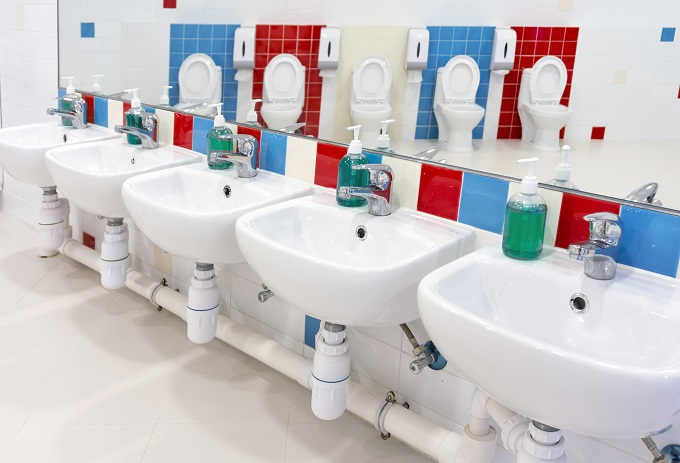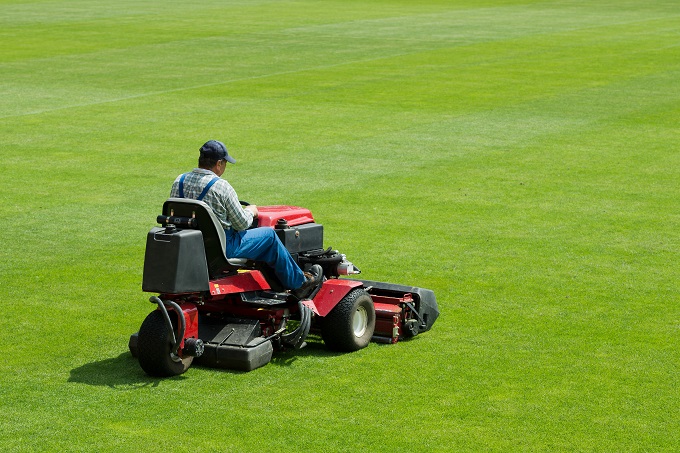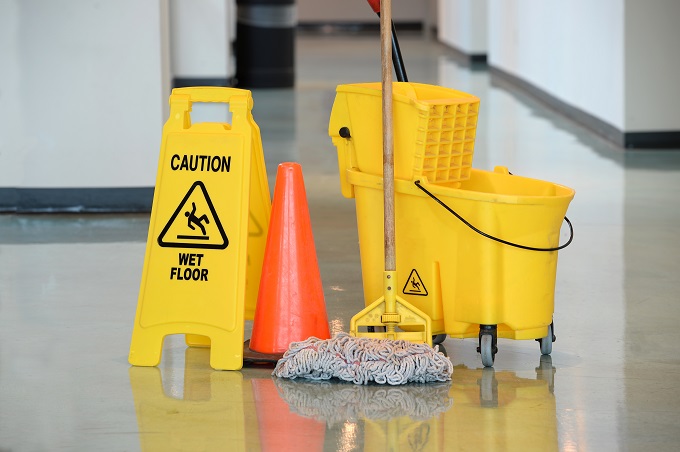A healthy school is a happy school is a well-maintained school

For most people, the weekend is the time for all the DIY and maintenance jobs that need doing around the house – mowing the lawns, fixing that annoying leak, sprucing up the paintwork, getting rid of ever-accumulating rubbish and tracking down the source of that bad pong.
This article appears in full in School News. Make sure your school is subscribed!

After all, we want our homes to look their best (what would the neighbours think!) and it’s just common sense to sort out the little things before they become big – and potentially expensive – problems.
It’s the same with school maintenance – except, of course, that there are more buildings to keep an eye on, more grounds to keep in check and a whole heap of overly-energetic young people adding to the daily wear and tear.
This is why Outsourcing School Property Maintenance is likely to be a cost-effective means of looking after a school’s physical assets.
Quent Brown, regional manager of cleaning provider Jani King, emphasises the “crucial nature” of building maintenance.
“A regular, programmed maintenance regime needs to be in place – especially on aging buildings,” he says.
Quent also points to the importance of good communication between out-sourced maintenance staff (such as cleaners) and the school management team “to make sure that any small issue is immediately brought to their attention before it becomes bigger and more expensive”

More than mowing
Similar issues arise with school grounds and playing fields, according to Turftech director/founder Rob Briscoe
“There is more to maintaining a sports field than mowing – neglecting correct field maintenance can result in expensive restoration costs,” he says. “Knowing the importance of physical activity for children, schools should be committed to providing a properly maintained environment for students and the wider community to use.”
For Rob, making sure that those employed in maintaining school grounds and green spaces have relevant experience is of paramount importance, otherwise schools do not get proper “value for money”.
“Sports fields are a valuable asset that require specialist knowledge to be maintained cost effectively,” he says.
“[Maintenance staff] must understand the importance of working in a school environment with respect of hazard identification – for example, have a robust health and safety system – and of working around children; for instance, be aware of debris, noise and school rosters to avoid their maintenance work intruding on daily school activities.”
Much the same things can be said about the professionalism of an outsourced school cleaning service, Quent says.
“Managing the day-to-day cleaning of a school requires not just keeping the school clean and at a consistently high standard but management and knowledge in multiple areas: collective and individual employment agreements; supervision and training of staff; health and safety, and compliance; hardware and chemical knowledge.”
Clean bill of health
According to Quent, engaging a dependable and efficient cleaning provider “not only provides you with the certainty of a clean school, but gives you more time so your staff and teachers can focus their energy on what’s of prime importance – to teach and inspire their students to love learning”.
“A clean school with good property maintenance is important to every member of the school community. A clean school helps improve indoor environmental quality, reduces the spread of infectious illness, as well as the triggers for asthma and allergies. All of these issues impact absenteeism for both students and staff alike,” he says.
“One of the biggest concerns we find are with the amenities, with poor cleaning increasing the risk of cross contamination. A teacher who is frequently absent [due to illness] can have serious effects on the quality of education that a student receives over a school year. In fact, a study by Harvard researchers found that a teacher missing up to 10 days of school is equivalent to a student being taught by a novice teacher rather than one with several years of experience.”
A touchy subject
Due to the nature of schools – with large numbers of students sharing facilities in common – ‘touch point cleaning’ must be emphasised, Quent says; that is, cleaning of the areas must often touched by different people.
“This is a health and safety issue and your cleaners should have touch point cleaning in their daily schedule. Touch points can be everything from restroom doors, push plates, light-switches door handles, etc. The inclusion of a sanitary wipe of these areas daily is key to keeping a safe and healthy environment, particularly during the flu season,” he explains.
“While many deep cleaning activities can be reasonably achieved over the term breaks, touch point cleaning is a fantastic way to keep children and teachers at school.”
Both Quent and Rob agree that doing the job well in the first place by using qualified staff from reputable companies is most cost effective in the long run. A little time spent doing regular upkeep of things like window and carpet cleaning can save greater expenditure later, Quent says.
“Build a plan around ensuring regular window and floor maintenance is built into your cleaning schedule. This will ensure that window cleaners don’t have to spend extra time scrubbing off scum, build-up and baked on debris – which of course you will end up paying for.”
After all, a healthy school is a happy school is a well-maintained school.









